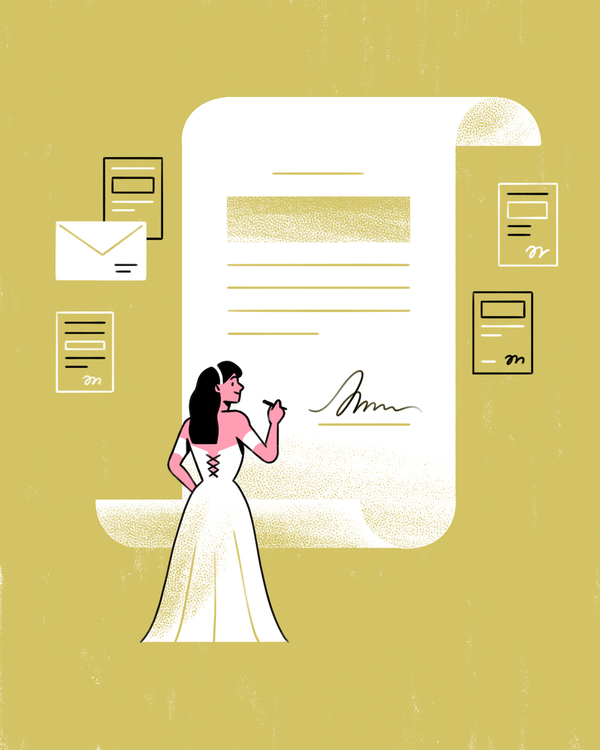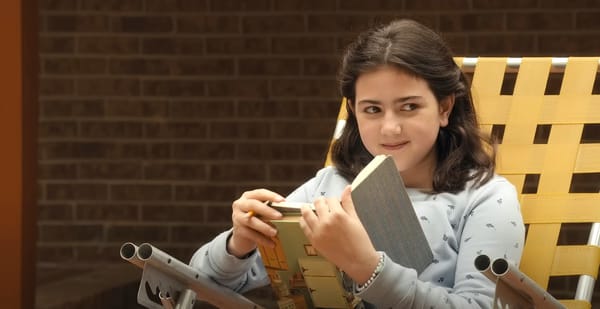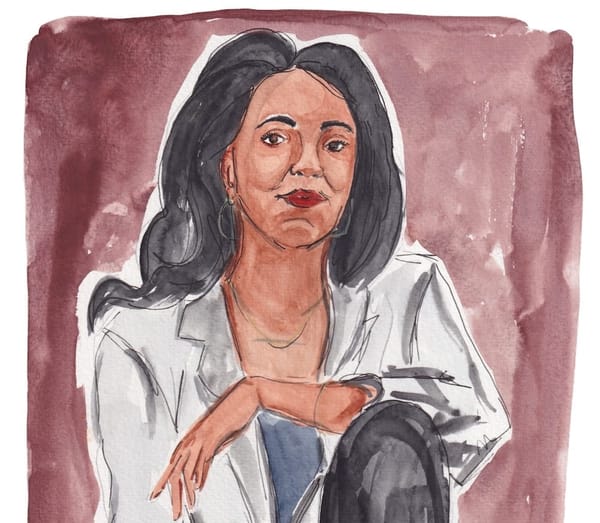I've Been Thinking About Creativity All Wrong. Perhaps You Have Too.
Creativity shouldn't be about success. It should be about the simple joy of trying something out.
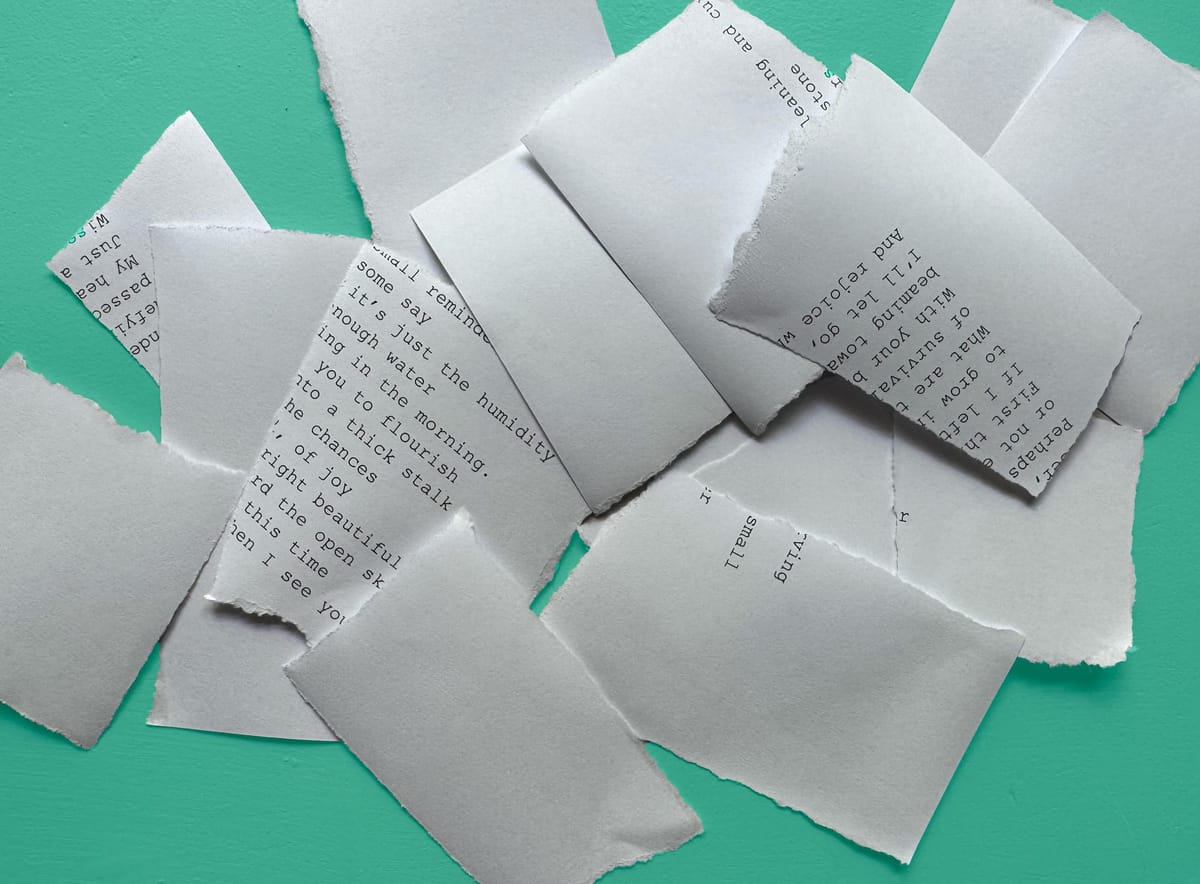
At a recent conference I attended, one of the sessions on the agenda was a panel about creativity. Great, I thought to myself. This is when I can catch-up on emails, have a quick coffee; maybe take a stroll.
Don’t get me wrong, of course I’m invested in creativity. Like anyone trying to live up to the lofty identity of being a writer in New York City, I’m quick to boast that “I love the arts.” Who doesn’t?
I go to the theatre and—occasionally—the ballet. I go to concerts. I read loads of novels. In short: I already do creativity, so I wasn’t planning, at this particular conference, to listen to someone espousing the values of singing and dancing and painting and pottery. I was there to network, to talk about my work, and then to go home.
As it happened, the room where the creativity panel was taking place was also the coldest at the conference—and I mean that literally. Determined not to sweat through my fancy suit jacket as the outside temperature soared, I squeezed into the back, fully intending to work my way through a quick admin-related to-do list.
I fired up my inbox and tried my best to tune out the introductions happening up on stage. But when the first speaker—a young neuroscientist—started talking, my attention drifted away from my screen and to the front of the room. It took two minutes before my laptop was shut.
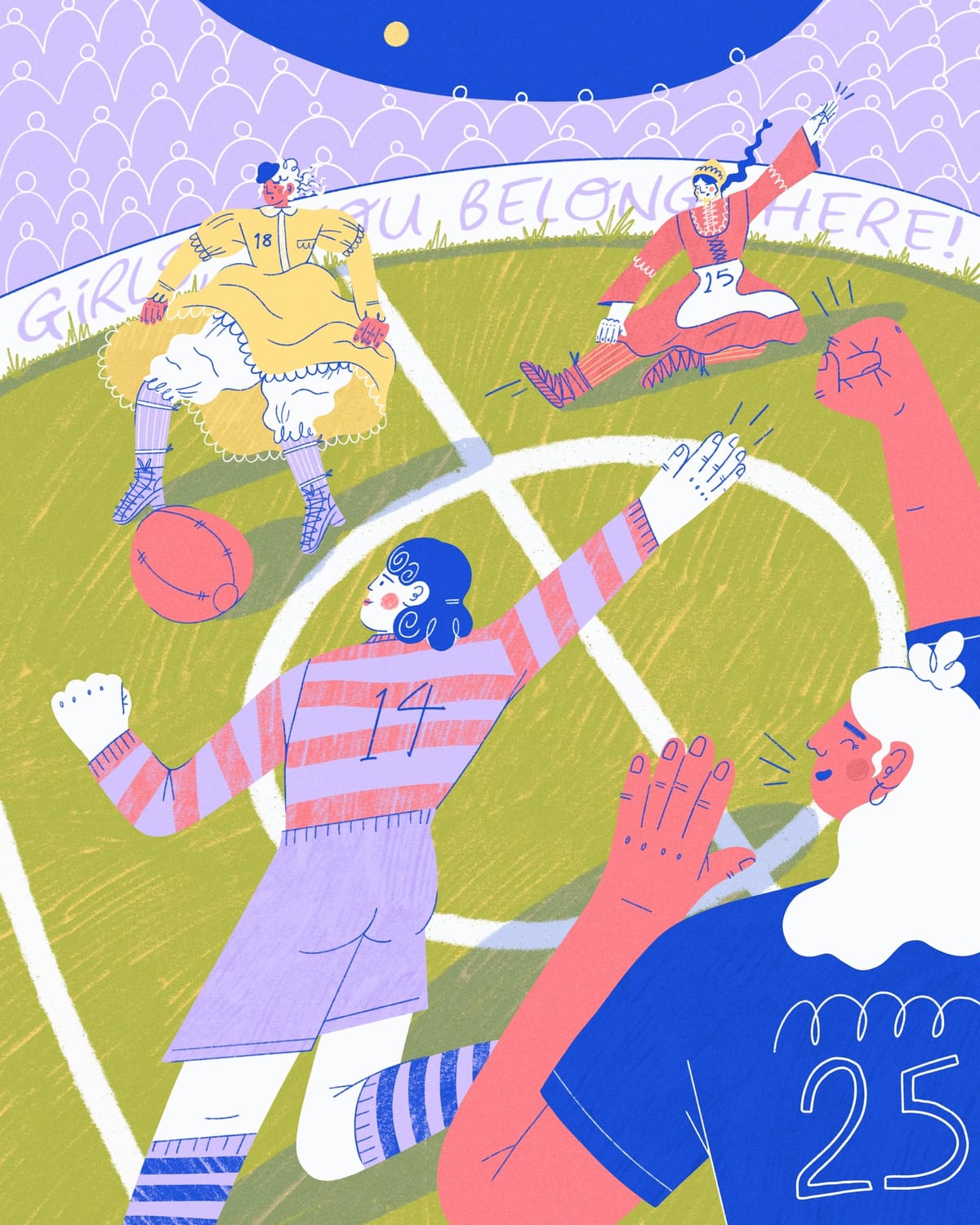
Write a poem...and then tear it up
I’d been asked not to report on any of the conference sessions, so I’m not going to repeat exactly what this neuroscientist said. But suffice it to say, as soon as I started listening, I realized I’d been thinking about creativity all wrong.
Creativity, to me, has always been a means to an end: a tool to get to a final product or destination, or a way of fixing something. When I’m writing an essay I’m being creative, but ultimately—because it’s my job—it earns me a paycheck. When I’m making dinner I’m being creative, but I do it—partly, at least—so I don’t blow that paycheck on takeout every night. When I’m figuring out the logistics of keeping my daughter occupied through the seemingly endless days of the summer vacation, believe me, there’s more than a bit of creativity involved. How many coloring or arithmetic challenges can I set her to get 30 more minutes of writing done? What’s a game that I can invent in the playground that will keep her both independently occupied and safe while I answer one last email?
Creativity because you have to—because it’s your job or it saves you money or because you’re a parent— is all well and good, but what I learned as I listened to the neuroscientist was that in order to truly flex our creative muscles, we need to do things for the sake of just doing them—terrifying as that may sound.
“Write a poem,” she impelled the audience at one point. “And then tear it up and throw it away.”
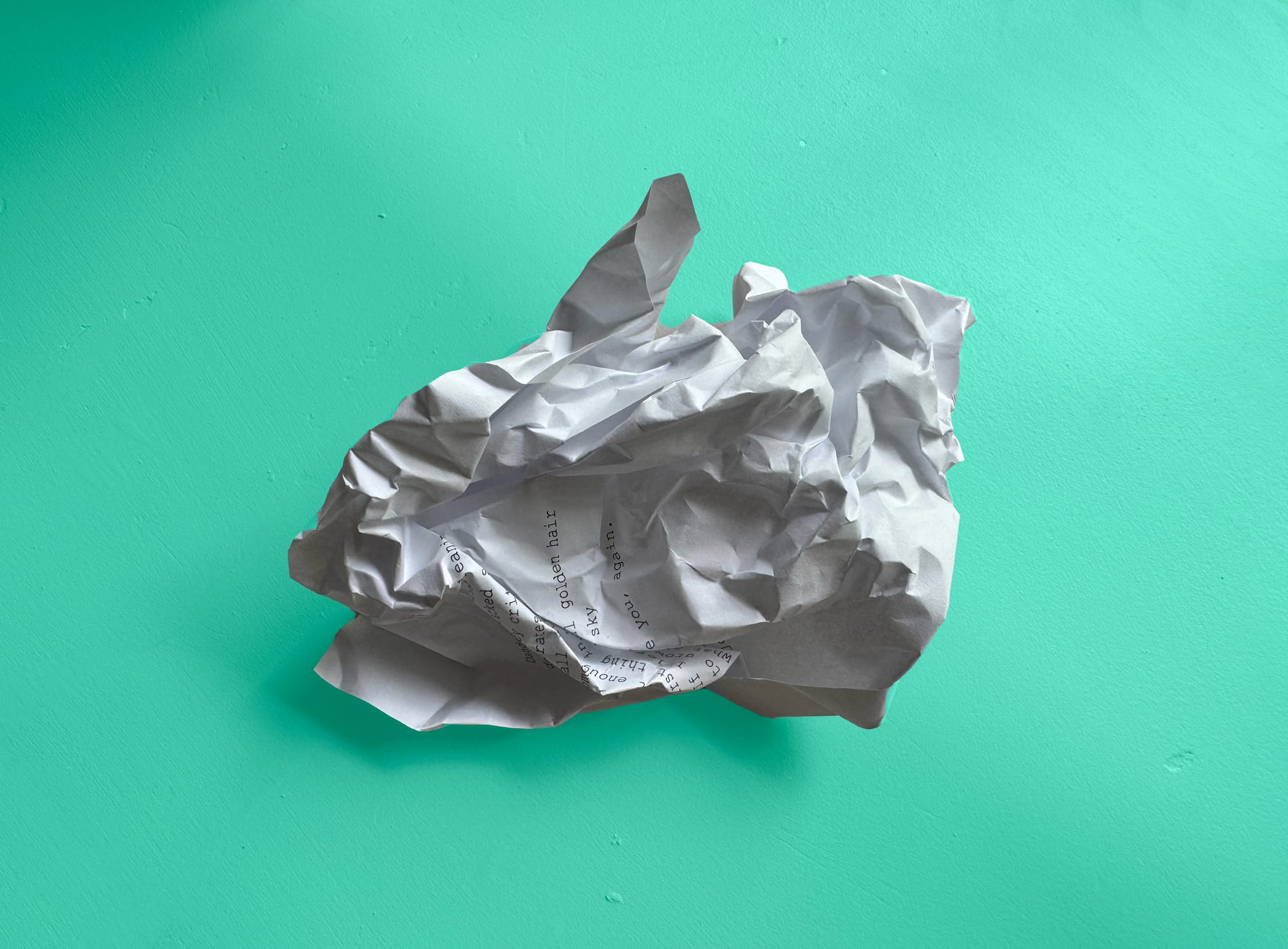
The idea behind this challenge, she explained, is to stop being so performative in our creativity, and embrace it instead as something we simply do for ourselves, in the moment, without expecting external validation or reaction or—god forbid—a prize.
Needless to say, I was rapt by this idea. Days later, still thinking about the poem challenge (though, admittedly, I’ve yet to do it), I found myself looking up academic papers to corroborate what I’d learned.
As it turns out, a huge and growing body of research is sitting right there underscoring a very well-established connection between mental health and creativity. One 2013 study shows that creativity can help us overcome trauma. Other studies show that creativity can help alleviate depression and anxiety. I read a paper that links being more creative to greater cognitive flexibility: the ability to switch between tasks and perspectives more easily; to be agile.
The benefits extend beyond mental health, too. One literature review published in 2011 concluded that there was a strong connection between art and health. When we’re creative, the review found, our immune system works better. It also noted that because of creativity’s anxiety-reducing powers, it can also protect us against things like coronary heart disease, one of the biggest killers in the western world.
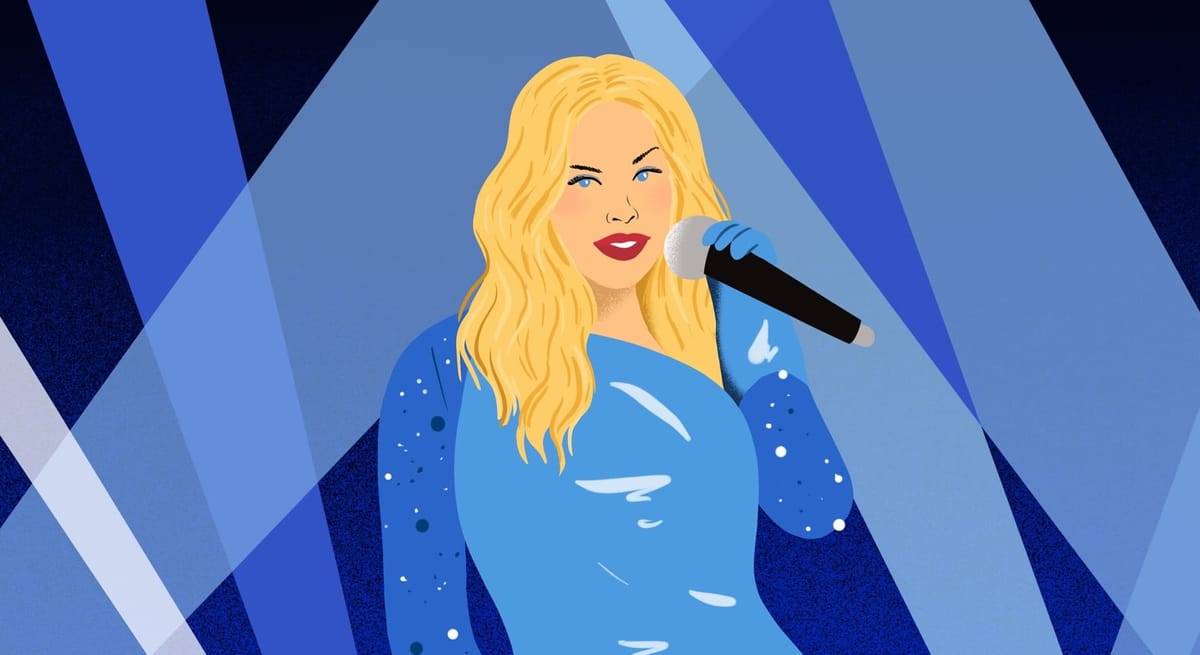
Do something badly
Last week, I wrote about embracing mediocrity. Learning how to be creative is inextricably linked to that. I’m convinced one of the reasons many of us aren’t creative—why we don’t paint for the sake of painting, or write poems that no one will read, or sing and dance just because it feels good—is because we’re scared of not excelling.
In this rat race world in which so many of us find ourselves in constant pursuit of money or status or popularity, we’ve come to believe, as I wrote last week, that success stems from being brilliant at something. We’ve glorified the overachiever.
We also seem to have collectively agreed that being a beginner—a novice—is for youngsters. It’s fine for a child to scrape her knees when learning how to ride a bike, but as an adult you’re expected to know how to do it already—or else not even try. The same is frequently true when it comes to drawing, painting, singing, dancing. It takes real guts to do something badly. And yet, what all of this has taught me, is that we absolutely should.
As the conference session drew to a close, the neuroscientist urged those of us in the audience to give ourselves permission to do something we’ve never done before. “Just try it,” she said. It made me laugh because, to me at least, she sounded like a parent urging a child to just take one tiny bite of asparagus, or try the feta cheese. It might turn out to be their favorite food, ever.
When we’re kids, many of us have teachers and parents and others around us who are actively encouraging us to expand our palettes and minds. One of the privileges of youth is being pushed all the time, even when we totally hate it. We’re saved from our naive short-termism. The stasis that comes with adulthood is so delightfully comfortable, but it also establishes limitations around who we might be and what we might experience. There’s a baked-in (and false!) assumption that adults are mature enough to push themselves in order to grow while children aren’t. We know, as adults, that’s just not true.
So I’m committing here to writing a poem no one will read. Perhaps you’ll join me. We don’t even have to tell anyone. What do you think?




